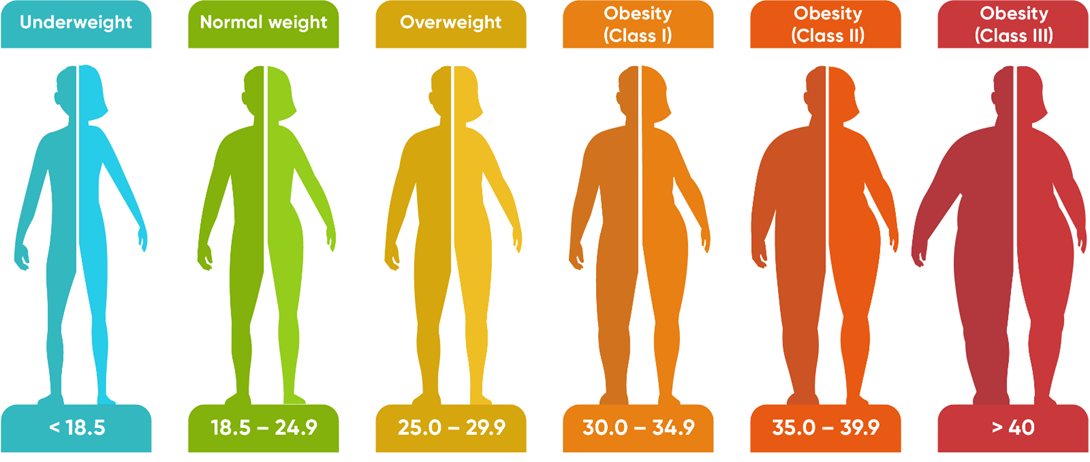A nurse is caring for a client who has stomatitis following radiation therapy. Which of the following interventions is appropriate for the nurse to take?
Discourage the use of a straw.
Offer the client frozen bananas as a snack.
Serve the client hot meals.
Avoid serving sauces or gravies.
The Correct Answer is B
The correct answer is: b. Offer the client frozen bananas as a snack.
Choice A: Discourage the use of a straw
Discouraging the use of a straw is not the best intervention for a client with stomatitis following radiation therapy. While using a straw might cause some discomfort, it is not a primary concern. The focus should be on providing soothing and non-irritating foods.
Choice B: Offer the client frozen bananas as a snack
Offering the client frozen bananas as a snack is an appropriate intervention. Frozen bananas can provide a soothing effect on the inflamed oral tissues and are less likely to cause irritation compared to other foods. They are also nutritious and easy to consume, making them a suitable option for clients with stomatitis.
Choice C: Serve the client hot meals
Serving hot meals is not recommended for clients with stomatitis. Hot foods can exacerbate the discomfort and irritation in the mouth, making it more painful for the client to eat. It is better to serve foods at a moderate or cool temperature to avoid further irritation.
Choice D: Avoid serving sauces or gravies
Avoiding sauces or gravies is not the best intervention for a client with stomatitis. While some sauces or gravies might be irritating, others can be soothing and help make the food easier to swallow. The key is to choose mild and non-spicy options that do not irritate the oral tissues.
Nursing Test Bank
Naxlex Comprehensive Predictor Exams
Related Questions
Correct Answer is B
Explanation
Choice A reason: Weight gain of 0.45 kg (1 lb) per week is not within the expected reference range for a client who is in the second trimester of pregnancy and has a normal BMI. The recommended weight gain for this client is 0.35 to 0.5 kg (0.8 to 1 lb) per week.
Choice B reason: Intake of 200 extra calories per day is within the expected reference range for a client who is in the second trimester of pregnancy and has a normal BMI. The recommended caloric intake for this client is 2200 to 2900 calories per day, which is about 340 to 450 calories more than the pre-pregnancy intake.
Choice C reason: Intake of 100 extra calories per day is not within the expected reference range for a client who is in the second trimester of pregnancy and has a normal BMI. The recommended caloric intake for this client is 2200 to 2900 calories per day, which is about 340 to 450 calories more than the pre-pregnancy intake.
Choice D reason: Weight gain of 0.91 kg (2 lb) per week is not within the expected reference range for a client who is in the second trimester of pregnancy and has a normal BMI. The recommended weight gain for this client is 0.35 to 0.5 kg (0.8 to 1 lb) per week.

Correct Answer is D
Explanation
Choice A reason: Offering the client a selection of beverages at each meal is not a good action to include in the plan, as it may reduce the client's appetite and intake of solid foods. The nurse should limit the client's fluid intake before and during meals, and encourage the client to consume high-calorie and high-protein drinks, such as milkshakes or smoothies, after meals.
Choice B reason: Informing the client that a weight gain of 2.3 kg (5 lb) per week is expected is not a good action to include in the plan, as it may cause anxiety and resistance in the client. The nurse should set realistic and individualized weight goals for the client, and monitor the client's weight and vital signs regularly. The nurse should also avoid focusing on the client's weight, and instead emphasize the client's health and well-being.
Choice C reason: Arranging for someone to remain with the client for 30 min after meals is a good action to include in the plan, as it can prevent the client from purging or exercising excessively. The nurse should provide a supportive and nonjudgmental environment for the client, and supervise the client's eating and toileting behaviors. The nurse should also educate the client and the family about the complications and treatment of anorexia nervosa.
Choice D reason: Encouraging the client to participate in developing dietary goals is a good action to include in the plan, as it can increase the client's sense of control and motivation. The nurse should collaborate with the client, the dietitian, and the mental health team to create a personalized and flexible meal plan that meets the client's nutritional and psychological needs. The nurse should also praise the client for any progress or achievement, and reinforce the client's positive coping skills.

Whether you are a student looking to ace your exams or a practicing nurse seeking to enhance your expertise , our nursing education contents will empower you with the confidence and competence to make a difference in the lives of patients and become a respected leader in the healthcare field.
Visit Naxlex, invest in your future and unlock endless possibilities with our unparalleled nursing education contents today
Report Wrong Answer on the Current Question
Do you disagree with the answer? If yes, what is your expected answer? Explain.
Kindly be descriptive with the issue you are facing.
